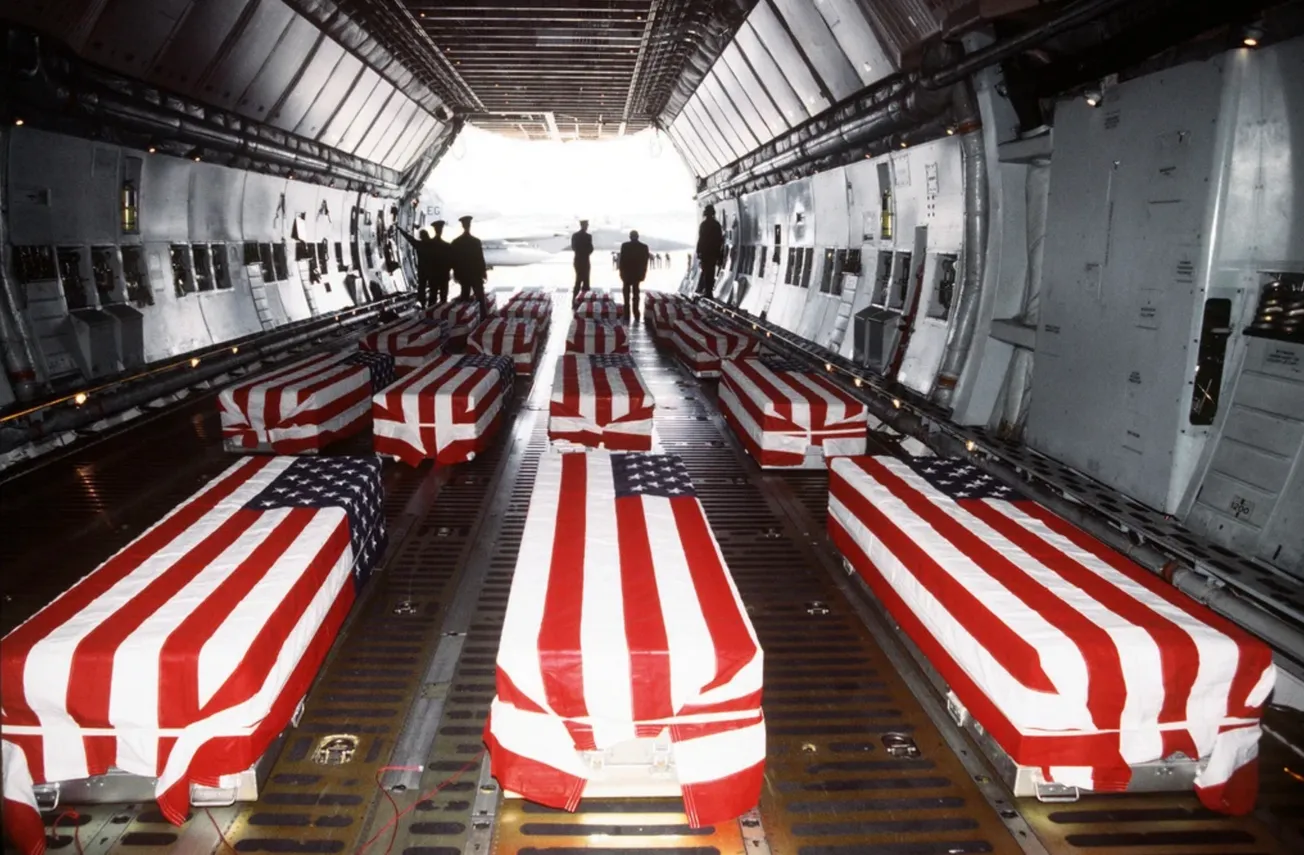The past several months of well-organized protests across Nigeria have called upon the government to reinstate fuel and food subsidies for a nation whose people spend 65% of their income on food, according to the World Food Program. These largely peaceful street actions have relied upon the able and knowledgeable leadership of the leaders of the Nigerian Labor Congress (NLC) and Trade Union Congress (TUC).
The call to “let there be food … let the people live in safety, let the people live a life of dignity devoid of the suffocating IMF/World Bank economic policies,” of NLC head Joe Ajaero, continues to receive widespread support from all segments of the populace, from high to low. On Aug. 7, the NLC communiqués denounced the reckless raid and ransacking, and seizure of the Congress’s Labor House, where files were seized by armed security teams.
From their beginning, despite the peaceful and informative nature of the demonstrations, a type of targeting of the protesters continues with intimidation by pro-Federal Government elements, e.g., destitute youngsters (rumored to also receive FG funding and directives) to incite individual acts of violence. In northern Kano, Gombe, Abuja, and at Lekki (the tollgate of Lagos), violence claimed the lives of at least six demonstrators, and scores of others were injured during police tear-gassing. Additionally, during protests in Maiduguri, groupings of these youth seized Army vehicles. Maiduguri is the home state of Tinubu Vice-President.
On Aug. 19, Ajaero was summoned in writing to appear before the Intelligence Response Police Team Assistant Commissioner for an “interview,” which purports to investigate, among other acts, “a case of Criminal Conspiracy, Terrorism … Subversion and Cybercrime, subject to arrest if he fails to appear.”
Other important considerations in regard to the targeting of the NLC are: a delegation of three to four people attended recent LaRouche-initiated International Peace Coalition deliberations; and the U.S. State Department’s Mallory Stewart arrived Aug 19 for a three-day consult with Nigeria’s Tinubu “to address emerging security threats.” Tinubu is characterized by other Nigerian political leaders as being “more corrupt than Argentina’s Milei.”


